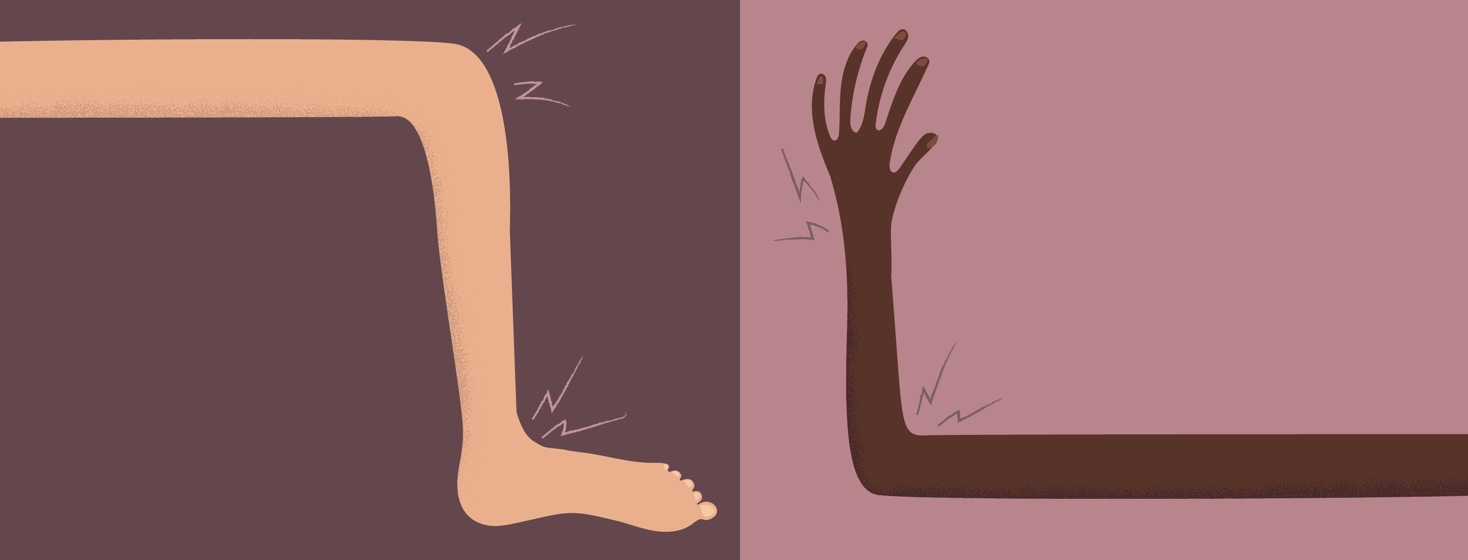Muscle and Joint Pain with the Hepatitis C Virus
One of the most common complaints from patients with hepatitis C is muscle and joint pain, otherwise known as rheumatic extra-hepatic manifestations. We often wonder how and why this happens. If a person is newly diagnosed with arthritis, they should consider testing for the virus. Often, muscle, joint, and connective tissue pain is the first sign of a hepatitis C infection.
Pain is common
Thirty to seventy percent of people deal with joint pain on a daily basis. That is a wide distribution. Strangely enough, a rheumatologist at University of Pennsylvania discovered that many more people who were diagnosed with a monoinfection, just hepatitis C, had joint pain than people who were co-infected with HCV and HIV. Another risk factor is smoking. More patients who reported being smokers had joint pain than those who did not smoke. The joints of the body that were affected most frequently were the fingers, back and knees. Although mine started in the shoulders and feet.
In the early days of treatment for hep C, interferon and ribavirin were the standard of care. Those two drugs caused about a 40-50% rate of cure. But, they also caused joint pain in many patients. Today’s drugs, direct-acting antivirals, are not known to cause joint pain, and they have over a 90% rate of cure. Another possibility for a cause is cryoglobulinemia, better known amongst patients as cryo. There are antibodies called cryoglobulins in some hepatitis C patients. They react with a molecule in the joints and cause arthritis pain. Treating the virus successfully often cures cryoglobulinemia, and therefore improves the pain in the joints.
Curing hep C may help
One of the reasons for this happening is due to the activation of the immune system. In people with chronic hepatitis C, the immune system is constantly “turned on” trying to fight the virus. In my case, my rheumatologist told me that the antibodies in my blood from a long-standing infection have settled in my joints causing sometimes excruciating pain. Fortunately, there are medications that work to relieve the pain. These medications are often used in patients with other autoimmune conditions, as well. It is important for the rheumatologist to discuss treatment medications with the physician who is caring for your hep C infection. Other non-medication treatments that may be helpful are acupuncture, massage, heat therapy, and physical therapy. And some people say that once they are cured of the hep C, their joint pain is relieved. However, that is not the case for everyone, including myself.1,2

Join the conversation